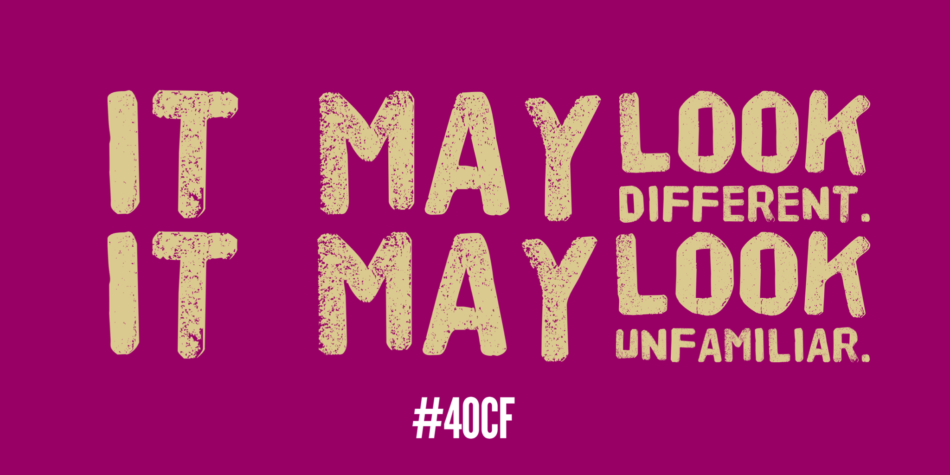As an art educator, I try not to impose my sensibilities, my taste, my preferences on my students work. Sure, I share them with my students because in them, my students might find a clue to their sensibilities, tastes and preference but I try not to impose them. I don’t want my students work to be my work, I want their work to be their work.
In the same vein, I try not to judge. Humans, and I include myself in this blanketed statement, are notoriously bad at judging new things. This is because when we judge, we normally compare it to our own familiar, familiar. New and innovative work is often unfamiliar and hence it makes it hard for us to judge.
For example, if Claude Monet kept hiding his brushstrokes like the generations of painters before him, there would be no Impressionists. But, when he started painting in his now familiar style, because his work looked different then the familiar works of the time, because his painting technique and his painting goals were unfamiliar, his work was deemed bad, even childish.
New ideas in their infancy, like different work in its infancy, are delicate things. They need to be nurtured, supported, encouraged. As art educators, sure, we can show and teach our students the ways of the past, we can pass on all the traditional art and art making knowledge we can, but if we want our students to grow up to be innovative, creative thinkers and artists we need them to feel comfortable roaming in the unknown, working with the new and different. And we have to be comfortable with it is as well. This work may look different. It may look unfamiliar. But just because it is, because it doesn’t match our aesthetic, doesn’t mean it’s not good or doesn’t hold the seed to a great idea.
Like the Impressionists,
Hemingway did okay, as did
The Beatles,
and the punks,
and Dr. Suess
and J.K Rowling
and Picasso
and Warhol
And John Cage
and many other creatives
Who made work that looked well…
different and unfamiliar.
Trevor (@trevorabryan)


